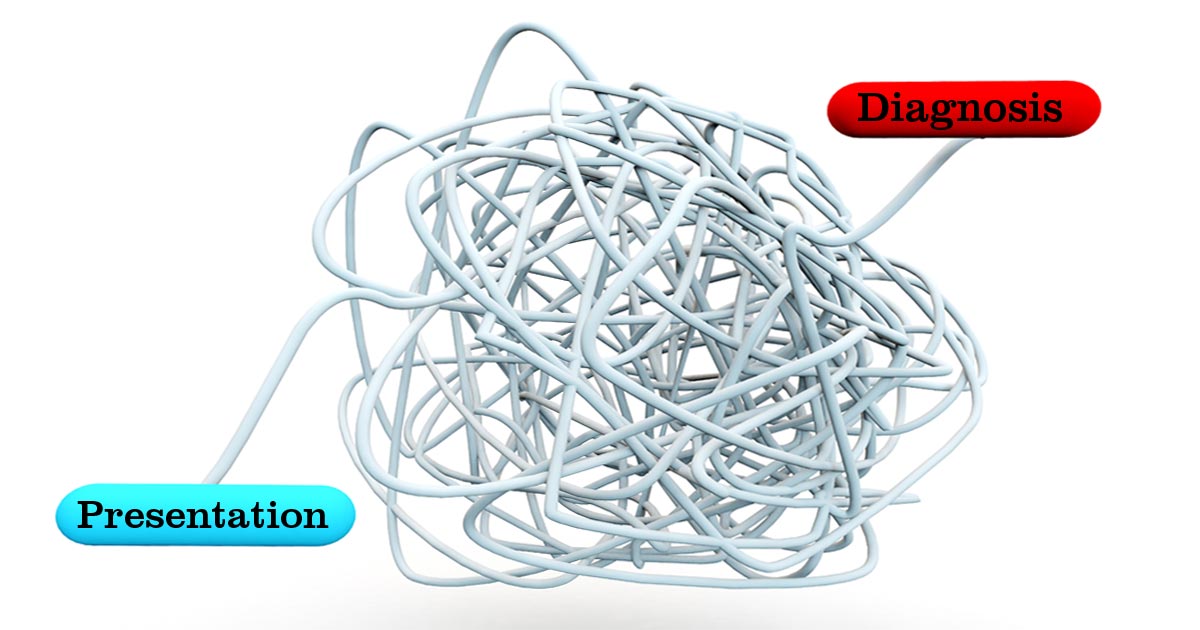My career has taken a very academic turn recently; I’m now a resident in clinical pathology, after (mutter mutter) years in general practice.
It’s been a huge change and enormously interesting, and one of the things that has surprised me greatly (and said with caution, given I have general pathology exams looming) is how much I’m enjoying the experience of learning again.
The more you know as a clinical pathologist, the more easily you can do your job – you can start to explain those mystical patterns in haematology and biochemistry results. For example, if I read something in a journal about alkaline phosphatase on one day, I’m then likely to use the knowledge gained the next day, and every day after that. It’s neat.
General practice – at least in my experience – is not neat. Things rarely get wrapped up in simple little packages, or if they do, they’re often packages headed for the freezer, and that’s hardly the most satisfying end to a case.
Obstacles
Before my career change, I had embarked on a certificate in medicine, but once I reached the clinical part, I quickly began to flounder.
Why? Messiness.
As clinicians, we often say our patients don’t read the textbooks, meaning, I think, “classical” cases of disease are rare, and some complicating factor that is hard to understand, interpret, or deal with is often present.
To further compound the problem, clients don’t read the textbooks either; neither do a lot of vets, come to think of it – so much else often needs to be done, and so little time is available to make decisions.
Something in the way
Here’s why I had difficulty with my medical certificate. It was so rare to find a case that was clear cut, diagnosed without doubt and treated without compromise – the messiness saw to that.
Something always got in the way. Either the client didn’t have the money to rule out all the differential diagnoses, so a best guess had to be made, he or she didn’t want the pet to go through all the tests necessary, or he or she was unlikely to choose a certain type of treatment (such as chemotherapy or major surgery), so some diagnostic avenues were pragmatically ignored.

I think the penultimate word in that last sentence might be key. Pragmatism is wonderful skill in general practice – it might be the most important one of all, but it does make case reports more challenging. Writing “financial issues meant this test wasn’t performed” once is acceptable; writing it for every step of the case makes for a more frustrating read.
Surgery vs practice
Around about the same time, my wife started a certificate in surgery and, while I don’t want to say too much (she also has exams looming) and while surgery isn’t easier than medicine, it’s often an easier sell to the client.
Here’s the problem – we need to do this procedure and then the problem is fixed. I know that’s simplifying things, but medical cases are rarely this straightforward. The messiness of practice is such that even successfully diagnosing hypothyroidism felt like a victory.
Even when it seemed as if I was managing a case well, successfully started treating it and managing to monitor it correctly, another day a different vet would see the case and try something different that wasn’t in the book. He or she wouldn’t necessarily use the wrong approach, but would do something that’s hard to justify in a case report.
Respect
I don’t need to tell those of you still on the front line how messy general practice can be – the day-to-day job is a progression of compromises and juggling acts I feel aren’t fully appreciated by those not having to deal with real life every day.
Sometimes, when I’m wrestling with a difficult set of bloods or a challenging cytological case and feeling slightly frustrated that I can’t solve the problem, I remember the messiness of general practice, its myriad frustrations, and challenges and victories against the odds.
I’ve said it before, but I think general practitioners have the hardest job in medicine – and, perhaps, get the least recognition for it.
General practitioners: from someone whose job became a whole lot neater, I salute you.

Leave a Reply